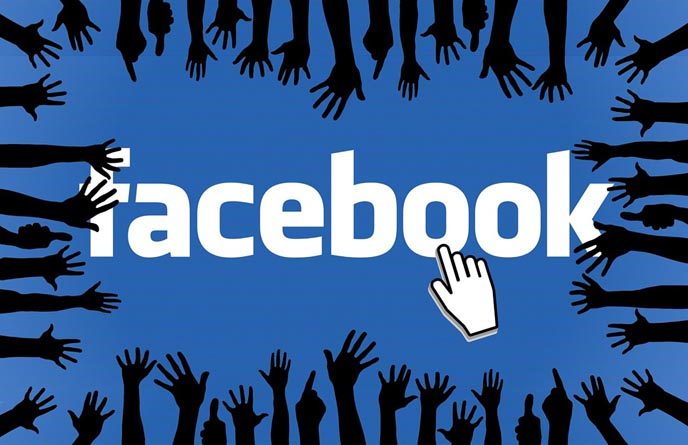The proof is in the pudding. The devil is in the details. See the forest for the trees. English is filled with all sorts of idioms and common nuggets of wisdom, and so many of these can be pretty easily applied to the world of Internet marketing and making money online. Another common truism is that numbers don’t lie (but you can lie with numbers).
To this effect, whether you’re a professional blogger or an affiliate marketer, it is in your own best interest to keep track of all the metrics and analytics related to what you do online. This data becomes infinitely invaluable for optimizing your campaigns and growing your income…
…and Expanding Your Reach
Reach.
There’s another one of those terms that is thrown around so much but is oftentimes misunderstood. People talk about expanding their reach on Facebook, but what does that even really mean? Does it mean that you really are connecting with hundreds or thousands of Facebook users every day or is it far more sobering than that?

When you create a page for blog, online business, or any other professional entity on Facebook that is separate from your personal profile, you unlock a wealth of possibilities and data. Facebook knows that you’re using this page for business and they’re more than happy to take your money to boost your content.
One of the statistics that they’ll keep throwing in your face is your reach, both organic and paid.
Understanding the Numbers
Here is a simple way to understand what that number really means. Most commonly, you will receive a number that represents your weekly reach, but the term “reach” can be used for effectively any period of time you’d like.
Now, let’s say that you post exactly one new thing on your Facebook page every day. This could be a link to a blog post, an image, a video, or even just a simple text-based status update. Whatever it is, it’s a single piece of content for your Facebook page.
At the end of the week (seven days), Facebook reports that you had a weekly reach of 700. Does this mean that each of your seven posts were seen by 700 people? No. Does this mean that 700 people clicked to view your content? No.
Seen, But Not Necessarily Engaged
What it means is that your seven posts appeared in a news feed a total of 700 times. On average, each post was “seen” 100 times, but it could be just as likely that one post was “seen” 600 times and the other six times were viewed an average of about 17 times each. The “700” doesn’t tell you how that figure was distributed.
If your seven posts were all links back to your original content on your blog, it also definitely does not represent the number of people who clicked on the provided link to go to your blog. Realistically, the click-thru rate is going to be much, much lower than 100%. Your mileage may vary, but getting anything over a couple of percent is probably a good day.

Another very important point to understand is that just because your Facebook post was “seen” doesn’t mean that a Facebook user even really noticed it. It just means it appeared in the news feed. Think about how you use Facebook. You probably scroll through the news feed very quickly, so any one of those posts may have only appeared on the screen — either desktop or mobile — for a fraction of a section. That counts as being seen. That contributes to the recorded reach.
Growing Your Organic Reach
There are innumerable articles that could be written about how you can best improve your weekly reach on Facebook. People will talk about increasing engagement or how you may or may not want to share the content from other pages. People might talk about how videos natively uploaded to Facebook perform better than YouTube embeds. There’s no end to that discussion.
But at least now you know what you’re really look at when you review the weekly reach figures that Facebook is providing you. A reach of 1,000 doesn’t mean that every piece of content you posted was seen and enjoyed by 1,000 people. The hard truth is a far cry from that.
